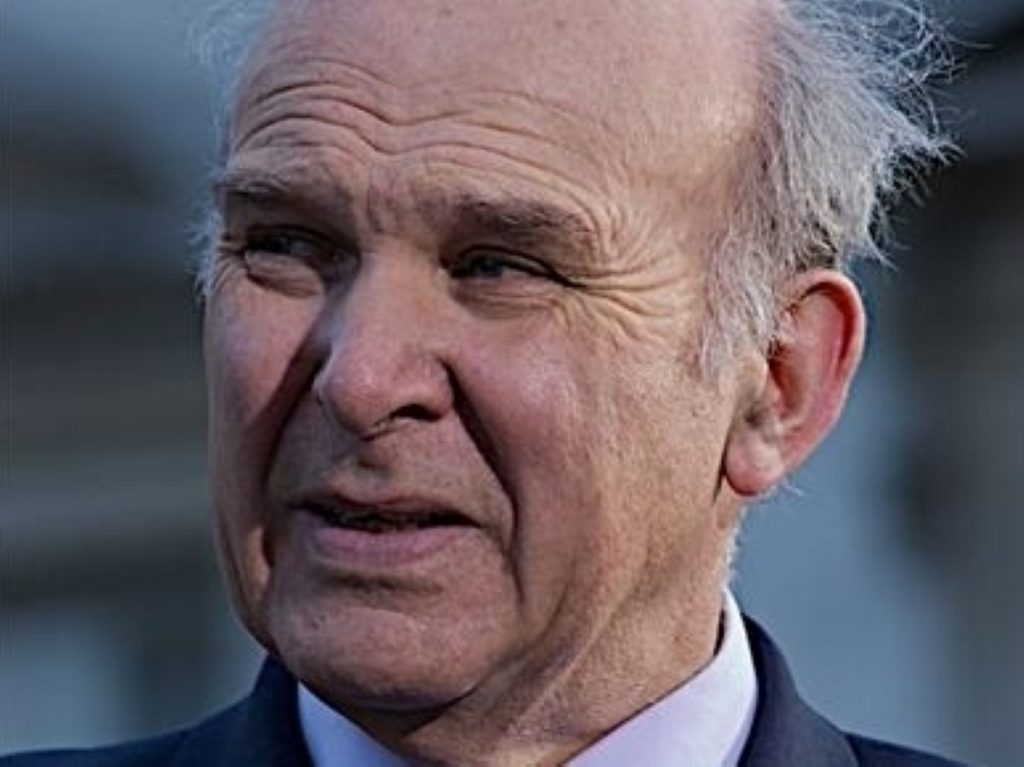Cable mulls ‘graduate tax’
By politics.co.uk staff
Rumours of a graduate tax were substantiated today, when Vince Cable delivered a speech on the future of higher education.
A new system, whereby students would pay back their tuition through taxes once they start work, with higher earners paying more, is envisaged to solve the problem of university funding.
The business secretary also suggested the introduction of two-year courses.


“Students may have to pay more but that is only part of the answer,” he argued.
The means-tested element of the scheme seems to be a non-negotiable element.
Dr Cable said the government should change the system so “the repayment mechanism is tied to earnings – so that maybe lower earners pay not more – maybe less – and higher earners pay more”.
Speaking to the Today programme earlier, he said: “The principle we’d be looking at is the so-called graduate premium, the extra earnings that we have as a result of being a graduate.
“If you’re a graduate, on average you earn £100,000 net of tax over your lifetime more than if you’re a comparable non-graduate.”
The plans are designed to solve the problem of how to maintain thriving higher education establishments while cutting down the financial demands they impose on the state.
They also address the regular complaint that the funding of higher education through taxation is unfair because it forces those doing unskilled, low-paid labour to subsidise those studying to enter the professions.
Student unions offered a cautious welcome to the proposals.
Speaking after the announcement, Aaron Porter, NUS president, said: “Vince Cable’s support for the principle of a graduate tax is to be welcomed as is his recognition that those who earn most after university should contribute more back as and when they do so.
“He is right to ask why, under the current unpopular and regressive top-up fee system, a care worker or teacher is expected to pay as much as a corporate lawyer or banker.
“The fair solution is to abolish tuition fees and ensure that graduate contributions are based on actual earnings in the real world, rather than sticker prices in prospectuses, which are based on guesswork.”
A review of tuition fees and university finding is currently being conducted by Lord Browne.
It is a tricky issue for the Lib Dems, who picked up robust support in university towns with their pledge to scrap tuition fees.
The party secured the right to abstain from votes on the issue in the coalition agreement, but higher education unions and students will be watching the behaviour of Dr Cable and Nick Clegg closely for signs they are preparing to break their promise.









